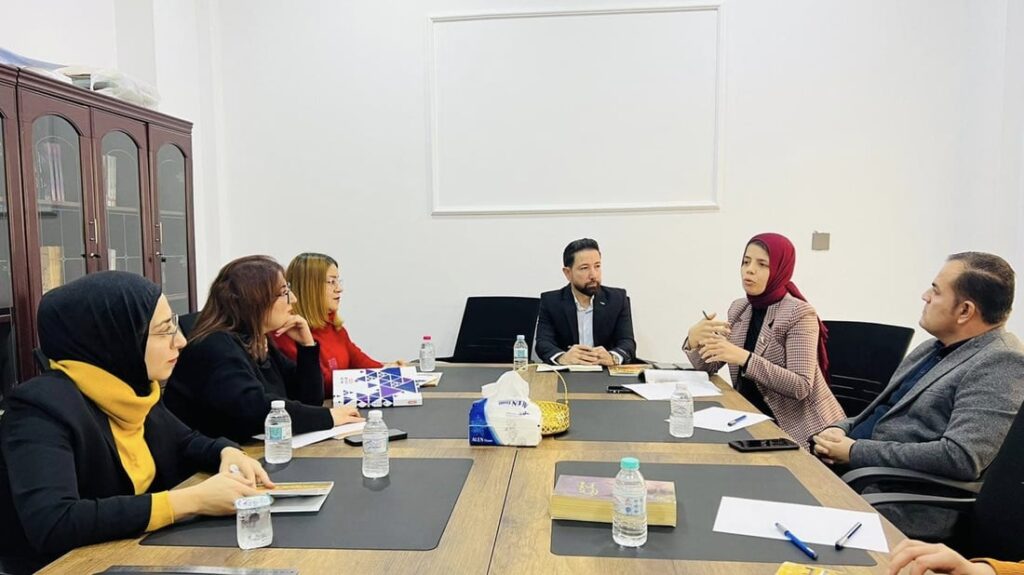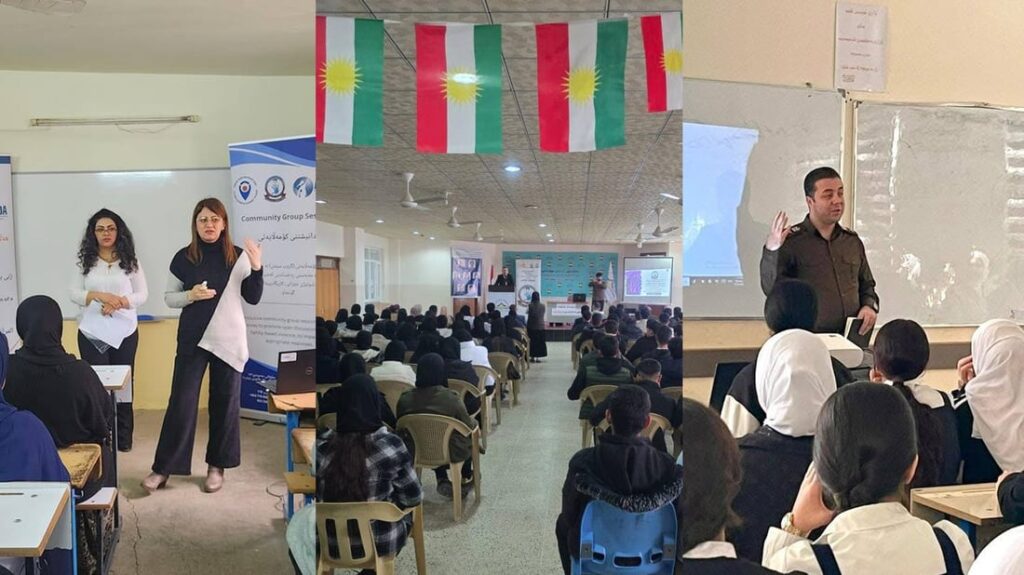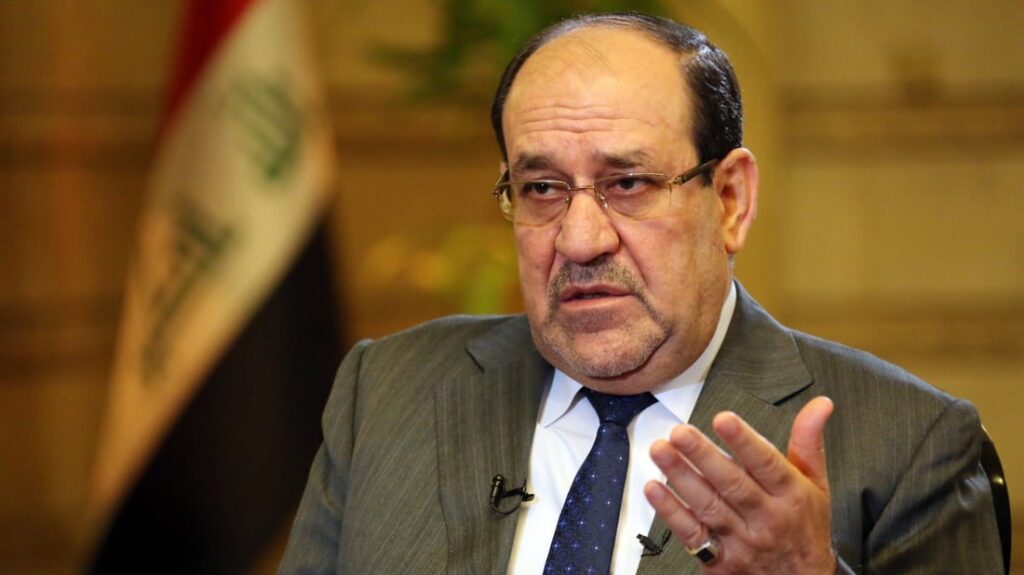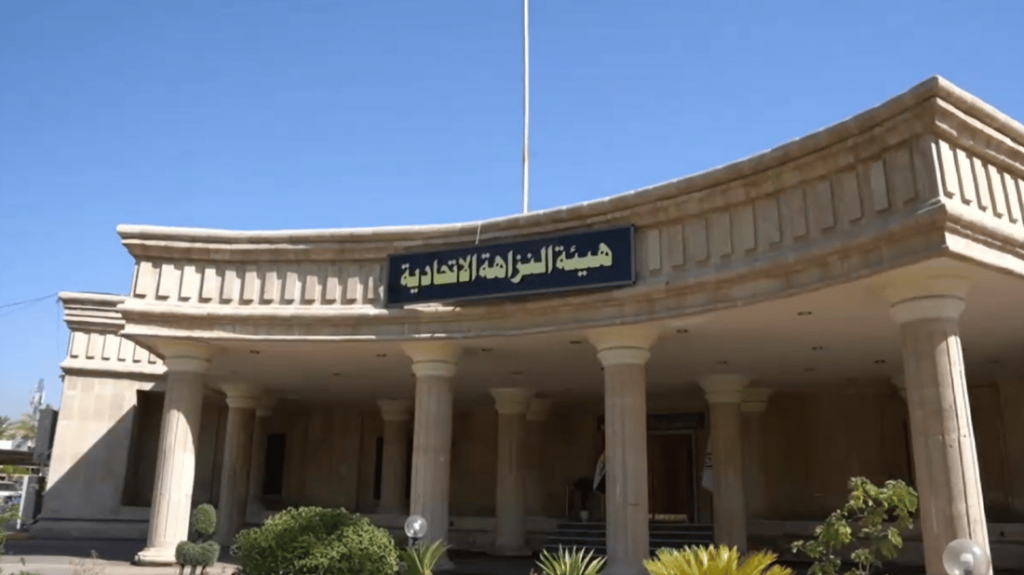Iraq: United Nations Assistance Mission for Iraq (UNAMI): Next step [EN/AR/KU]
Baghdad – 10 November 2019
Over the past weeks, demonstrations erupted in Baghdad and other governorates in Iraq. Protester demands cover a wide spectrum of issues, including economic growth and employment, reliable public services, prudent and impartial governance, an end to corruption, credible elections as well as broader reform of the political system - including amendments to the constitution.
An accumulation of frustrations about the lack of progress in the last 16 years is clearly perceptible, and with rising numbers of deaths and injured (both protesters and members of the Iraqi Security Forces) a climate of anger and fear has set in. The Iraqi people cannot afford to be held back by the past nor by partisan interests.
Rising hope asks for a leap forward, including the understanding that - in today’s digital age - daily life has moved online. Meanwhile, the risk of ‘spoilers’ hijacking peaceful demonstrations is increasing and potentially derailing any attempt at genuine change. Time is therefore of the essence, as are tangible results.
To start with, and following consultations with a wide range of Iraqi parties, actors and authorities (including the three Presidencies, the Supreme Judicial Council, protesters and union representatives), the United Nations Assistance Mission for Iraq (UNAMI) proposes the following principles and measures:
PRINCIPLES
The following principles apply to all parties at all times:
Protect the right to life above all.
Guarantee the right to peaceful assembly, demonstration and freedom of expression, as granted in the constitution.
Practice maximum restraint in the handling of the protests, including no use of live ammunition, ban the improper use of non-lethal devices (such as tear gas canisters).
Deliver full accountability for perpetrators and redress for victims.
Act in keeping with the law, including in regard to public and private properties.
MEASURES
Immediate measures (less than a week) include:
Release all peaceful demonstrators detained since 1 October, in accordance with the law.
No peaceful demonstrators shall be targeted.
Initiate full investigation of cases of abduction (including by making available CCTV footage), and reveal the identity of those responsible.
Accelerate the identification and prosecution of those responsible for targeting demonstrators.
Prosecute and punish those responsible for the excessive use of force and/or other violent acts, in accordance with the law.
Publicly call on all regional and international parties not to interfere in Iraq’s internal affairs, respecting its sovereignty.
Short term measures (within one week to two weeks) include:
Electoral reform: With the technical support of the UN, a single legal framework shall be finalized.
Soon after, the framework shall be submitted to the Council of Representatives (CoR). The parliamentary procedure shall be completed as soon as possible.Security Sector Reform: Executive Order 237 shall be fully implemented without delay. Any weapons outside state control shall be prohibited. Any outlaw armed entity or rogue element shall be considered illegal and it is the state’s responsibility to take them on.
Corruption: The political elite shall lead by example, for instance by publicly declaring their assets – at home and abroad, held under their own name or another. Additionally, political parties/blocs and movements shall abolish their economic committees.
Medium term measures (within one to three months) include:
Constitution: With the technical support of the UN, the Constitutional Review Committee shall continue its work. Any amendment to the constitution shall be put to referendum by the people of Iraq.
Corruption: The Commission of Integrity shall submit corruption cases to the High Judicial Council or the Central Anti-Corruption Court. The Central Anti-Corruption Court shall handle corruption cases at all levels of the state. All corrupt officials will be held accountable and prosecuted.
Enactment of laws: The Government shall send the following draft laws to the CoR, and the CoR shall complete its due process as soon as possible:
a. A law addressing the principle: ‘Where did you get this from?’
b. The Federal Court Law
c. The Social Security Law d. Law on resolving the Housing Crisis
e. The Oil and Gas (Hydrocarbon) Law
f. Amending the Law on Encouraging Investments and Public-Private Sector Partnership
g. The Council of Ministers and Ministries Law
h. The Reconstruction Council Law





